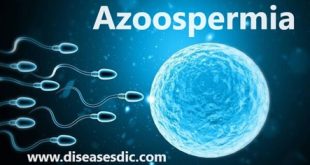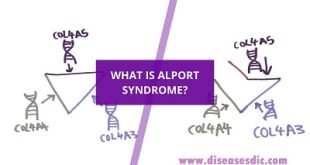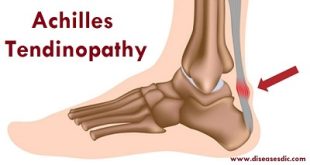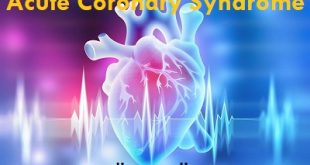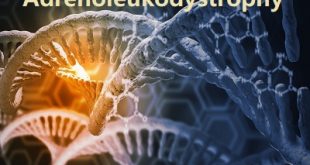Definition Achromatopsia is an inherited retinal degeneration (IRD) characterised by partial or total colour blindness, in addition to other visual symptoms. The rod and cone photoreceptor cells are responsible for capturing the visual field. The rod cells perceive dim light (scotopic vision), are not sensitive to colour and are responsible …
Read More »Azoospermia – Types, Treatment and Prevention
Definition Azoospermia is a medical condition characterized by the absence of sperm in a man’s ejaculate. Sperm, the male reproductive cells, are essential for fertilizing an egg and initiating the process of conception. Azoospermia can be classified into two main types: obstructive and non-obstructive. In obstructive azoospermia, there is a …
Read More »Alport Syndrome – Types, Causes and Treatment
What is Alport Syndrome? Alport syndrome is a genetic illness that affects the functioning of the kidneys, eyes, and ears. It affects the collagen type IV in the body, which prevents these organs from functioning naturally. Also, it damages the glomeruli in the kidneys, which prevents the filtering of wastes from …
Read More »Achilles Tendinopathy – Types, Causes and Treatment
What is Achilles Tendinopathy? Achilles tendinopathy (common overuse injury) refers to a combination of pathological changes affecting the Achilles tendon usually due to overuse and excessive chronic stress upon the tendon. It can be seen both in athletes and non-athletes. It may or may not be associated with an Achilles …
Read More »Acute Coronary Syndrome – Risks, Causes, and Symptoms
Overview Acute coronary syndrome is a term used to describe a range of conditions associated with sudden, reduced blood flow to the heart. One such condition is a heart attack (myocardial infarction) — when cell death results in damaged or destroyed heart tissue. Even when acute coronary syndrome causes no …
Read More »Anisometropia – Types, Symptoms, and Treatment
Definition of Anisometropia Anisometropia: The condition in which the two eyes have unequal refractive power. One eye may be myopic (nearsighted) and the other hyperopic (farsighted) or one eye may be markedly stronger than the other. Anisometropia is a serious concern in newborns and young children because it can lead to amblyopia (impaired …
Read More »Adrenoleukodystrophy – Overview and Diagnosis
Overview Adrenoleukodystrophy (ALD) is a genetic condition that damages the membrane (myelin sheath) that covers nerve cells in the brain and spinal cord. Myelin acts as insulation around the nerve fibers. When this insolating layer is damaged, nerve signals from the brain cannot communicate across the body properly, causing impaired …
Read More »Aplastic Anemia – Classification, Diagnosis, and Treatment
Definition Aplastic anemia (AA) can be inherited or acquired. Inherited forms usually present during the first decade of life, but in rare cases may manifest in adulthood. It is a rare blood disorder in which it occurs when a child’s bone marrow produces too few of the three types of …
Read More » Diseases Treatments Dictionary This is complete solution to read all diseases treatments Which covers Prevention, Causes, Symptoms, Medical Terms, Drugs, Prescription, Natural Remedies with cures and Treatments. Most of the common diseases were listed in names, split with categories.
Diseases Treatments Dictionary This is complete solution to read all diseases treatments Which covers Prevention, Causes, Symptoms, Medical Terms, Drugs, Prescription, Natural Remedies with cures and Treatments. Most of the common diseases were listed in names, split with categories.

